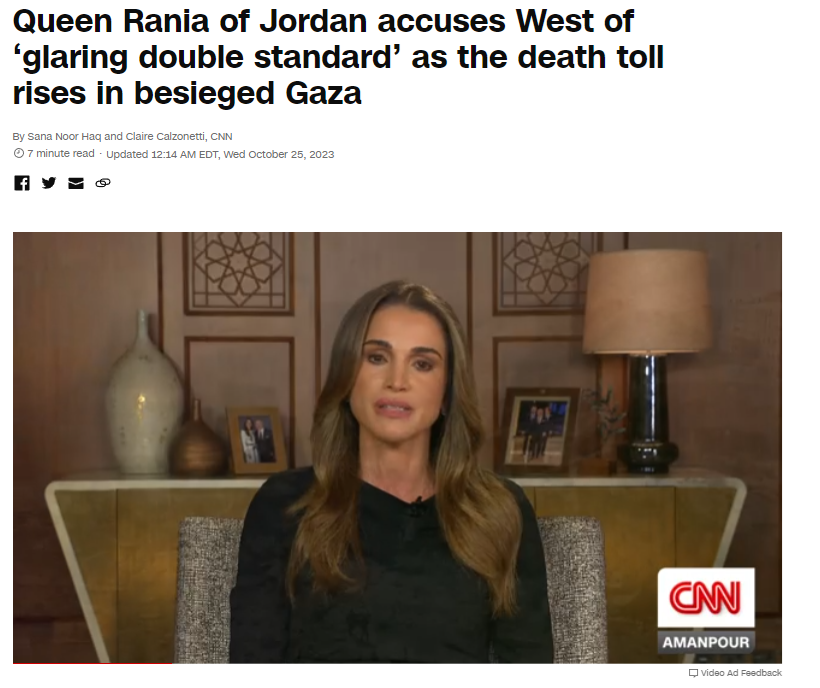
Are the fighting in the north and the resisting in the south signs of disintegration of Syria?
Violent clashes between Turkey-supported "National Army" and US-supported "SDF"
Newsmedia correspondents in Syria reported on Wednesday that a Turkish drone targeted a SDF vehicle in the countryside of Ayn al-Arab "Kobani" in the eastern countryside of Aleppo.
The report detailed that the vicinity of the Qarqozak Bridge, located south of the city of Ayn al-Arab "Kobani", was subjected to Turkish artillery shelling, while the factions of the "National Army", affiliated with Turkey, bombed the SDF sites at the bridge with missiles. A Turkish drone targeted a SDF rocket launcher in the village of Sakul in the countryside of Manbij, east of Aleppo.
In the same context, the media center of the Syrian Democratic Forces (SDF) confirmed that "Turkish warplanes bombed Tishrin Dam and its surroundings with a number of raids, coinciding with attacks carried out by the mercenary factions affiliated with Turkey on villages north of Tishrin Dam and southeast of Manbij, where violent clashes are taking place between the forces of the Manbij Military Council and the mercenaries."
In Kobani, Turkish drones bombed a civilian car in the village of "Kirk-Girik", in addition to artillery shelling on the village of "Aslanki" south of the city.
According to the center, the danger of the Tishrin Dam collapsing is increasing, as the Turkish state bears any disaster that may befall the dam and other Syrian regions as a result of the Turkish air and artillery attacks that reached their peak during the morning hours today, and which continue until now.
The center confirmed that "the forces of the Manbij Military Council destroyed two vehicles loaded with Dushka weapons belonging to the mercenaries of the Turkish occupation north of Tishrin Dam during the ongoing clashes there."
The Turkish drone targeted a "Qasd" car in an airstrike in the vicinity of the city of Al-Malikiyah, northeast of Al-Hasakah, in the far northeast of Syria.
In Southern Syria, armed groups' leaders say they are not convinced to hand over weapons
The spokesman for the Southern Operations Room, which controls Daraa province, Nassim Abu Ara, said that the room’s fighters are not convinced by the idea of dissolving the armed groups announced by the new Syrian administration on December 25 of last year, when the new rulers confirmed that they had reached an agreement with the armed groups regarding their dissolution and integration under the Ministry of Defense.
In an interview with Agence France-Presse, Abu Ara confirmed that the fighters are hesitant to disarm and disband their ranks as ordered by the new rulers, noting that he and those with him are "an organized force in the south, possessing heavy weapons and equipment, and led by officers who defected from the army of the former regime," suggesting that they be merged as a military body with the Ministry of Defense. Abu Ara added that the "Southern Operations Room" led by local leader Ahmed al-Awda includes thousands of men who have no Islamic affiliation, and sources close to the group indicated that al-Awda enjoys good relations with Russia, as well as Jordan and the Emirates.























































